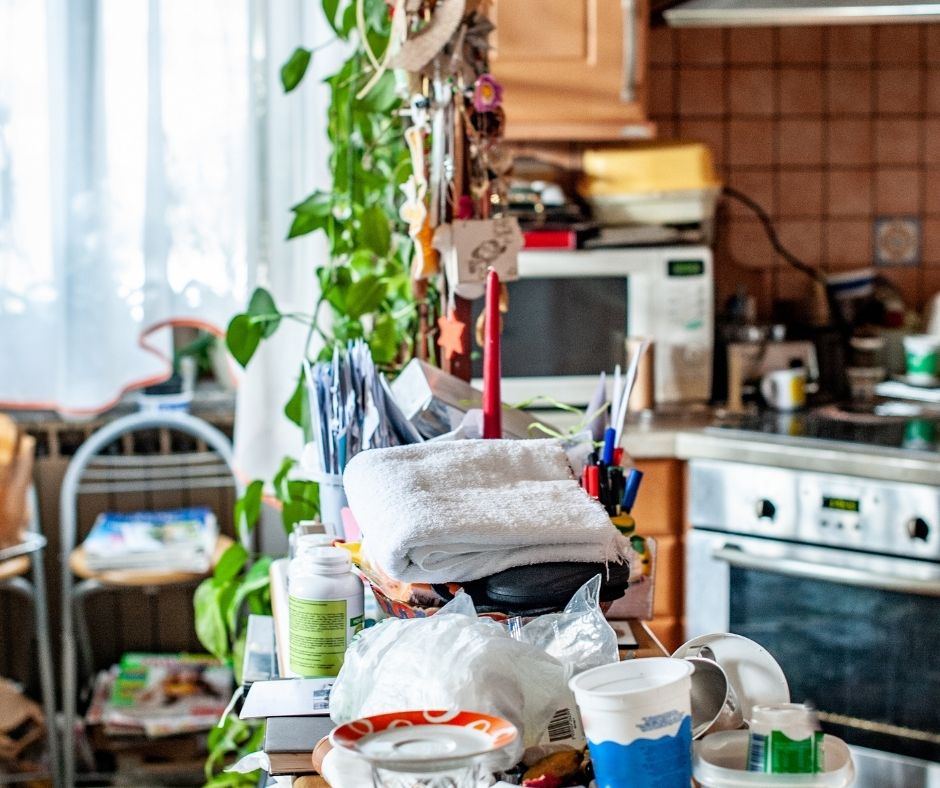There is a growing problem in community associations – hoarders. These owners hoard books, newspapers, trash, knick-knacks, furniture, scrap metal, tools, clothes, animals, rotting food and everything in between. Unfortunately, this is a common problem and has been identified as a serious behavioral illness.
“Hoarders” are usually isolated and suffer from the psychological issues that produce the clinical definition of hoarding, which is “retaining items of no value in quantities that interfere with the victim’s ability to function”. The effect of this creates a fire danger, structural problems to the home, health risks and additional problems for the hoarder, their family, often the neighbors and the association. “Hoarders” are people whose piles of debris impair their own lives and, potentially, the lives of those around them including neighbors.
Here are some general guidelines HOAs/condo boards should consider when dealing with “hoarders”:
COMMUNICATE WITH THE OWNER
Before taking action of any kind, talk to the unit/lot owner. If the “hoarder” is a renter, the owner may want to consider eviction proceedings. If the owner is the “hoarder”, talk with them and possibly their relatives (if the association has their contact information). The relatives might not be aware of the situation. The board may consider offering volunteer clean-up help, (by third parties, not associated with the board) but, please note that an offer of help is typically not accepted by a clinical “hoarder”.
FIND AND USE AVAILABLE RESOURCES
A source of assistance may be the municipality the hoarder lives in. Municipalities, including many in Arizona, have neighborhood programs and code enforcement personnel that could offer information and/or assistance.
If you’re located in Maricopa County and you’re concerned that the clutter of a resident poses a potential health code violation, we encourage you to contact the Maricopa County Environmental Services Department at 602.506.6616 or webmail@mail.maricopa.gov.
The Maricopa County Environmental Services Department may send an inspector, issue a citation to the owner ordering a clean-up and take further action if the owner does not comply. From the association’s perspective, it is easier and less expensive to have a third party work with the hoarder. Additionally, since this is dealing with a mental health condition, professionals are better equipped to handle the situation.
The Arizona Hoarding Task Force, a nonprofit, offers a multitude of services to hoarders, their families and those concerned.
ENFORCE ASSOCIATION DOCUMENTS
The provisions that will most likely come into play are those prohibiting “nuisances” and requiring owners to maintain clean and sanitary conditions in their residences. But, the board must have a tangible basis for acting. Clutter on/in the owner’s property must be visible from the exterior or it must pose a potential danger to the health or safety of other residents. A starting point would be for the board or management company to send a violation letter, and, if the problem persists, then refer the matter to the association’s attorney. For more information on Enforcement of Association Governing Documents, review our Cheat Sheet on the matter by clicking here.
FILE A LAWSUIT
This can be the most expensive option; evidence (i.e. pictures, documentation, logs, etc.) must show that the hoarding situation poses an imminent threat as courts are reluctant to intervene in hoarding cases.
*Whatever action the board takes, it is important to remember that “hoarding” is an illness first and a violation of the community’s rules second. Focusing on the owner’s need for help as well as on the need to enforce the community’s rules may produce a faster and more long-lasting solution to the problem.*
Although the issue of hoarders in HOAs/condos has become more common in recent years, having to deal with hoarders is certainly not a new problem for community associations. Beth Mulcahy, Esq. has nearly 25 years of experience helping clients address issues regarding hoarders and other behavioral and mental health conditions. Please contact our firm via email at info@mulcahylawfirm.com or call us at 602-241-1093 so we can assist you.

